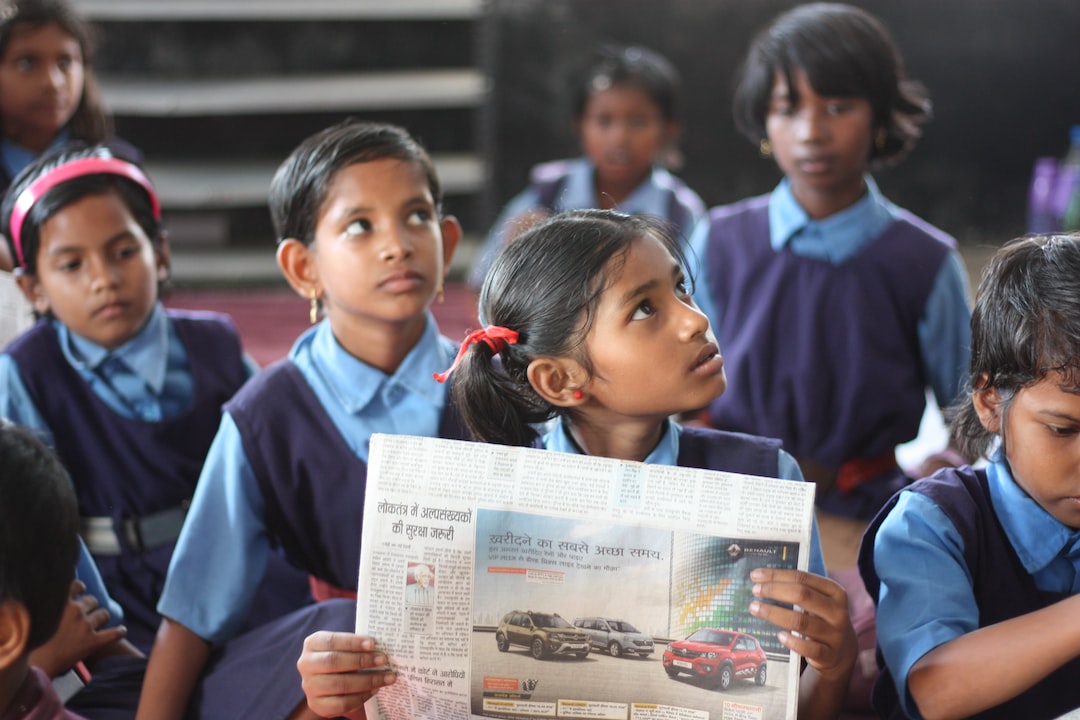Overcoming Procrastination: Techniques to Increase productivity in studying
Procrastination is something that affects many people, especially students. It is the habit of delaying or postponing tasks that need to be completed. While it may seem harmless at first, it can quickly become a hindrance to productivity and success in studying. Luckily, there are techniques that can help overcome procrastination and increase productivity.
One effective technique to combat procrastination is to plan and prioritize your tasks. Start by creating a to-do list at the beginning of each day or week. Break down your tasks into smaller, manageable parts so they don’t seem overwhelming. By having a clear plan of what needs to be done, you’ll be more likely to start and complete tasks on time.
Another technique is to identify and eliminate distractions. In today’s digital age, distractions are everywhere – social media, emails, and instant messaging. It’s important to be aware of these distractions and take steps to minimize them. Put your phone on silent or airplane mode, close unnecessary tabs on your computer, and create a quiet and organized study space. By removing distractions, you’ll be able to focus better and get your work done more efficiently.
One popular method to overcome procrastination is the Pomodoro Technique. This technique involves breaking your study time into intervals. Set a timer for 25 minutes and work without any interruptions. Once the timer goes off, take a short break of 5 minutes. Repeat this cycle four times and then take a longer break of 15-30 minutes. By dividing your study time into manageable chunks, you’ll be less likely to get overwhelmed and more likely to stay focused.
It’s also essential to take care of yourself. Lack of sleep, poor nutrition, and stress can all contribute to procrastination. Ensure that you’re getting enough sleep and eating well-balanced meals to maintain optimal brain function. Additionally, incorporating exercise and relaxation techniques into your routine can help reduce stress levels and improve overall well-being, making it easier to focus and concentrate on your studies.
Accountability can be a powerful tool when it comes to overcoming procrastination. Find a study buddy or join a study group where you can share your goals and progress. Having someone to hold you accountable can increase motivation and encourage you to stay on track. Furthermore, consider setting up rewards for yourself after completing tasks or reaching milestones. Rewards can serve as a great incentive to complete your work in a timely manner.
In conclusion, procrastination can have detrimental effects on your productivity and success in studying. By implementing these techniques such as planning, eliminating distractions, using the Pomodoro Technique, taking care of yourself, and finding accountability, you can overcome procrastination and increase your productivity. Remember that overcoming procrastination is a continuous effort, but with determination and practice, you’ll be on your way to becoming a more productive and successful student.








